UPCOMING EVENTS
LATEST ARTICLES
I have lived my whole life under endless war, from witnessing police in riot gear patrolling the streets of Los Angeles like an occupied zone, to seeing the children buried under the rubble of U.S. bombs in Gaza, and now Iran engulfed in the fires of drone strikes. As I watch this transnational violence unfolding, I am reminded that the wrath of the U.S. empire is ruthless in both our local communities and our motherlands. I have learned this through my own lived experience growing up in working-class, immigrant Los Angeles as a daughter of the Iranian and Mexican diasporas. Even as I write this, my father is in Iran, where Israel and the United States have bombed hospitals, water systems, and civilian infrastructure. I am living my worst nightmare in real time: my family’s lives caught in the crosshairs of a war paid for by my own tax dollars.
As we bear witness to the unrelenting cruelty carried out by U.S. Immigration and Customs Enforcement (ICE) and the Trump administration against our communities, as they continue to kidnap migrants and separate families, we are overwhelmed by the sense of grief, anger, and fear that has collectively consumed the people of Los Angeles. Simultaneously, we are also inspired by the organized resistance largely led by the children of migrants, who are confronting ICE with admirable courage. While many have rightly alluded to the uncanny resemblance of the current moment to what occurred nearly a century ago during the rise of fascist Nazi Germany, we do not need to go that far to make the connections, as there are several examples much closer to home.
Protesters, many of them young people, are using their unarmed bodies to disrupt the U.S. Immigration and Customs Enforcement (ICE) raids across the city and protect immigrant communities in Los Angeles. These protesters are out there in pursuit of a better future for us all, though many others, including within the immigrant rights movement, do not see it this way and are discrediting their actions as “violent” and not the “right” way. When movement leaders call for “peaceful” protests and curbing the “violence” of protesters (who are often angry youth), they are aligning with the mainstream media and conservatives.
Do Black lives matter, especially when they are being extinguished on the African continent rather than in the Global North? This was a question that emerged in conversations online and off over the past 18 months, as conflicts in the Democratic Republic of Congo (DRC) and Sudan have continued to rage with little news coverage. The wars in eastern Congo and Sudan, in different ways, are rooted in and fueled by the desires of overseas powers – national and corporate – for the rich natural resources possessed by these two African countries. The Democratic Republic has seen one of the most protracted wars in modern history, with unrest and violence in eastern Congo persisting for almost thirty years. Over these three decades, a tense and imbalanced relationship between the DRC, its neighbors, Rwanda and Uganda, and Western governments (in particular Belgium) and transnational corporations, have played a prominent role.
Since taking office, one of Donald Trump’s recurring talking points has been reclaiming U.S. control over the Panama Canal and Greenland. During last week’s State of the Union Address, Trump smugly declared, “To further enhance our national security, my administration will be reclaiming the Panama Canal,” prompting a standing ovation largely from his cabinet members.
As a 1.5 generation Panamanian immigrant in the United States, Trump’s inflammatory remarks trigger a deep rage within me.
“Being of Pech descent in the diaspora is not easy, especially considering that we are taught our colonizers “saved us.” This narrative has created generational trauma for my family, who feels constantly unheard and alienated from our land. However, I know we are seeds of resistance and our spirits cannot be taken away. On November 28, Xiomara Castro and the Libre Party won the presidential elections in Honduras—a victory that represents hope and trust for a better country and for our people.”
Los condados de Carolina del Norte dicen que no se requieren identificaciones emitidas por el gobierno para tener acceso a la vacuna de COVID-19, pero algunos las están pidiendo.
“Desde el 21 de junio de 2020 mi hermano, Freddy Díaz Figueroa, se encuentra desaparecido. La familia no ha tenido ningún contacto con él y nos encontramos en la zozobra y la desesperación.”
“El número de casos de COVID-19 sigue en aumento en la zona rural central de Carolina del Norte, donde se encuentran las plantas de procesamiento avícola propiedad de empresas como Mountaire, Tyson Foods y Pilgrim's Pride. A nivel nacional, Carolina del Norte lidera el número de brotes de COVID-19 en las plantas procesadoras de carne, ocupando el tercer lugar en el país con el mayor número de trabajadores de las plantas procesadoras de carne que han contraído COVID-19.”
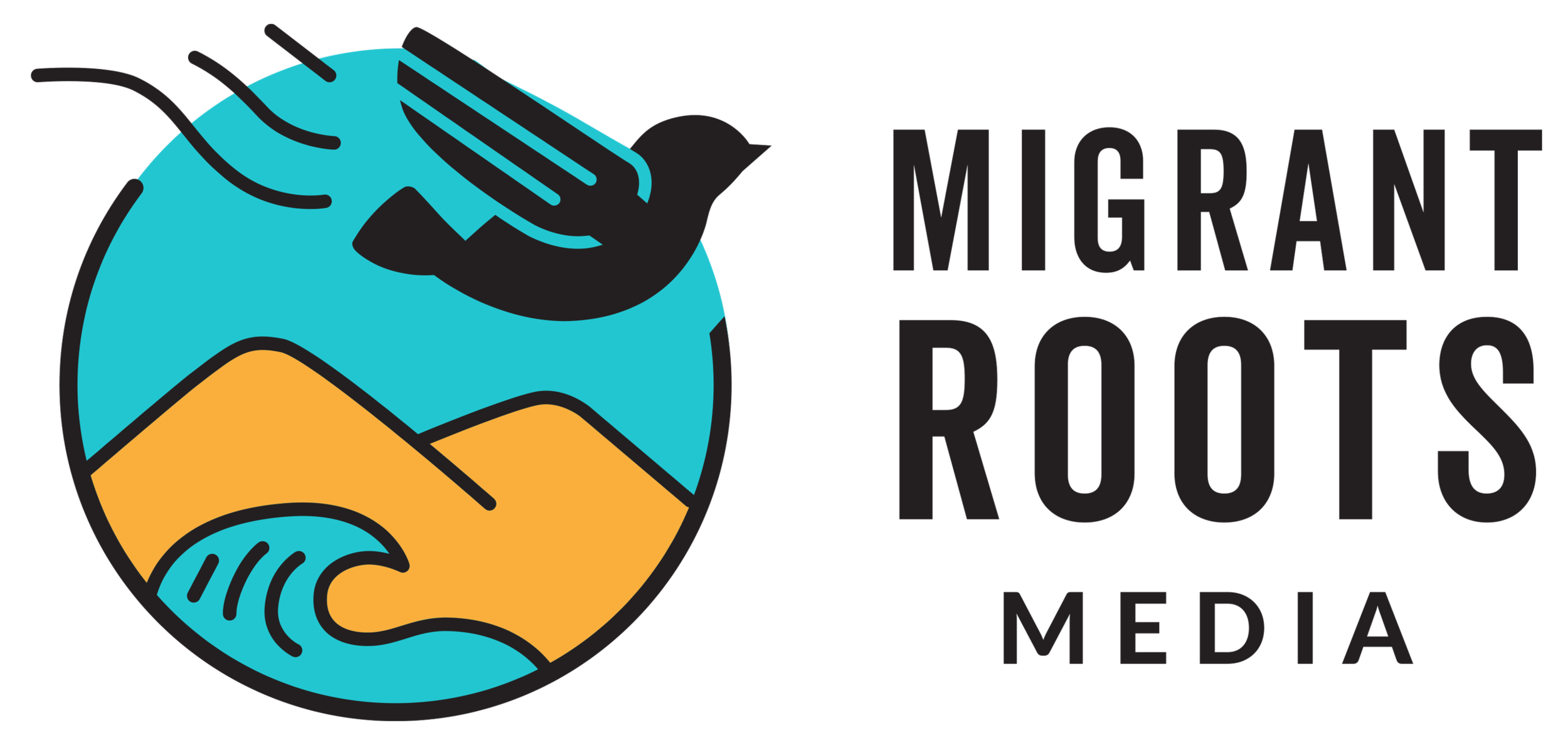
![[EN PERSONA] ¡CAMBIA LA NARRATIVA! Capacitación Multimedia para la Justicia Migratoria](https://images.squarespace-cdn.com/content/v1/5c06c18bb40b9dd78a892d2d/1766767448575-KPI9KMQ1QD6WZ6LMVPPH/PR+cambia+la+narrativa.jpg)




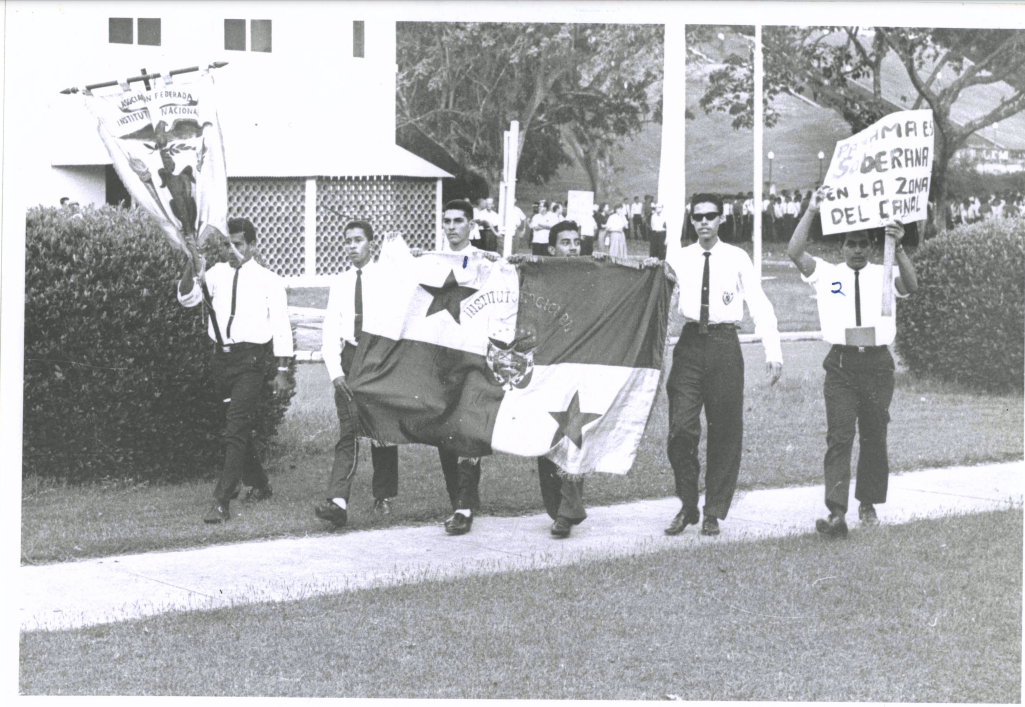
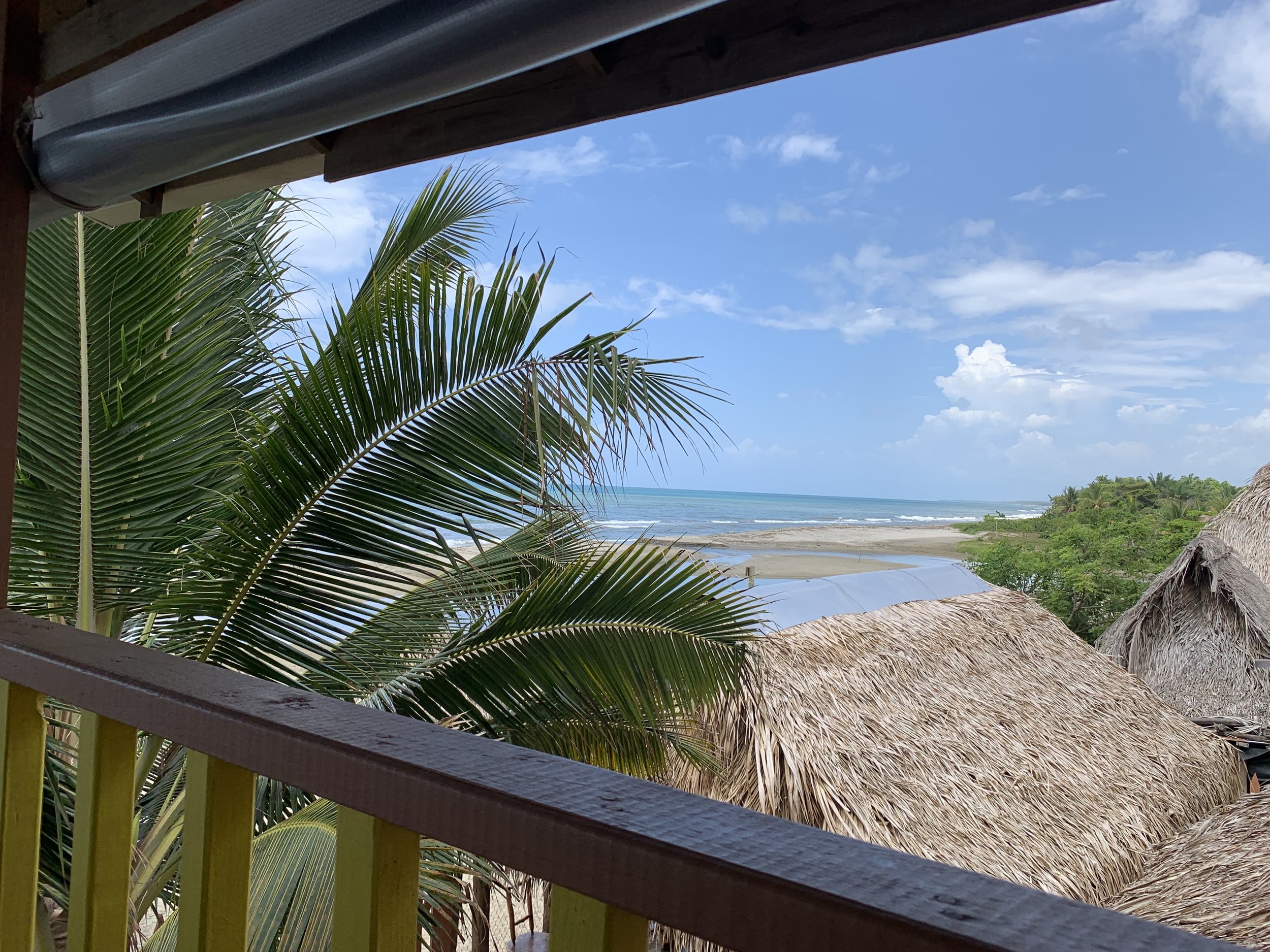
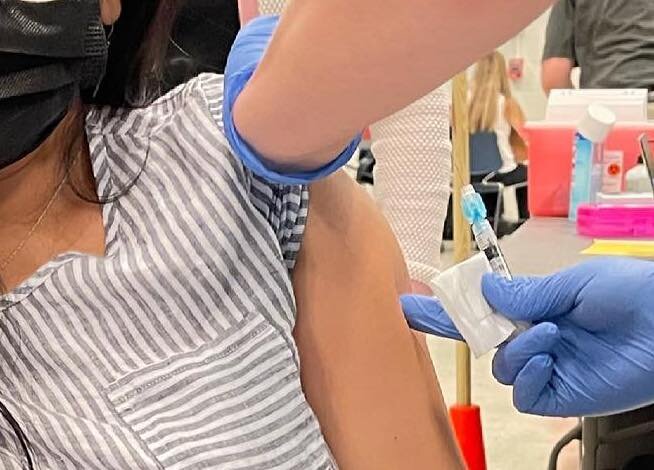
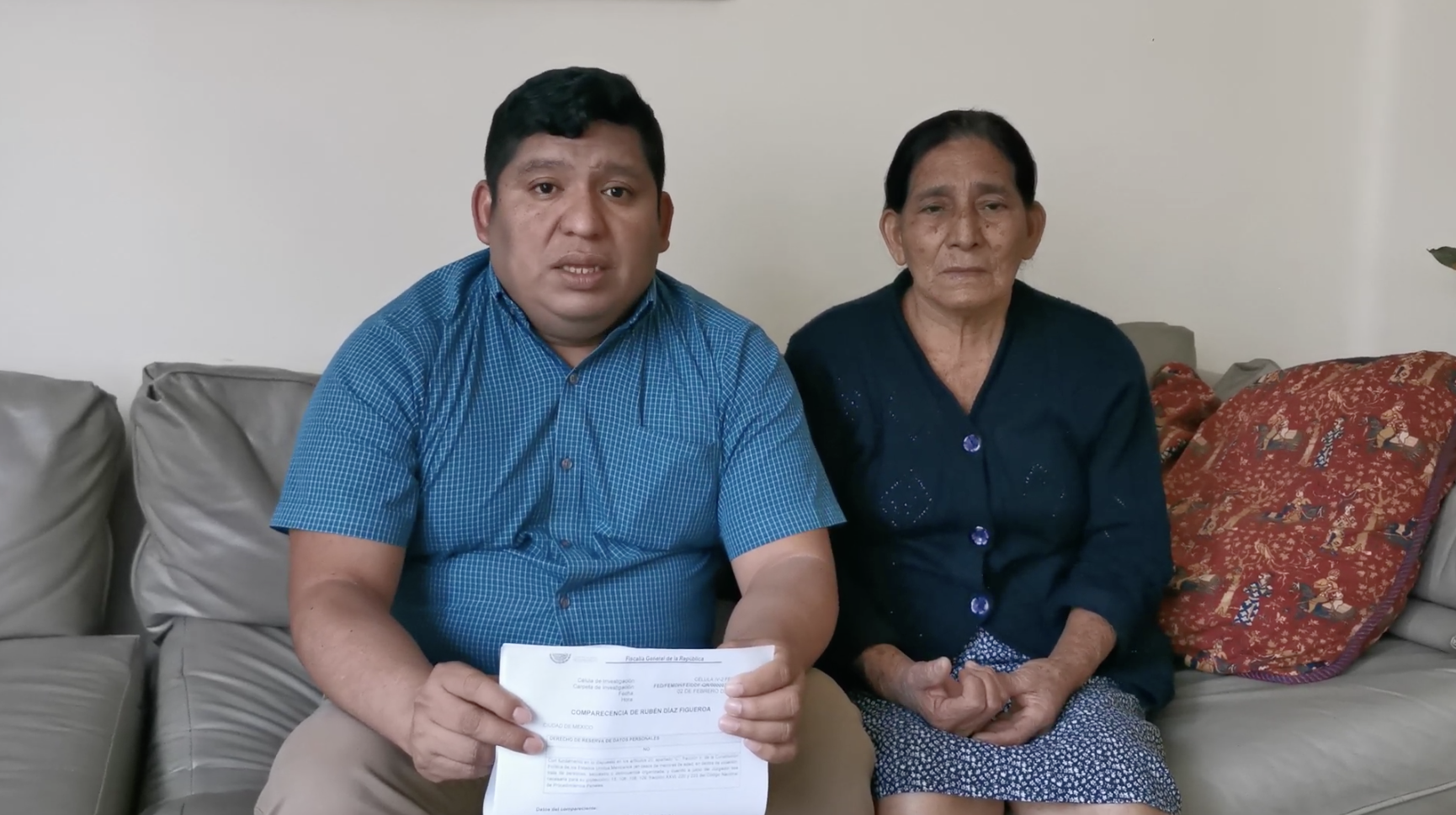



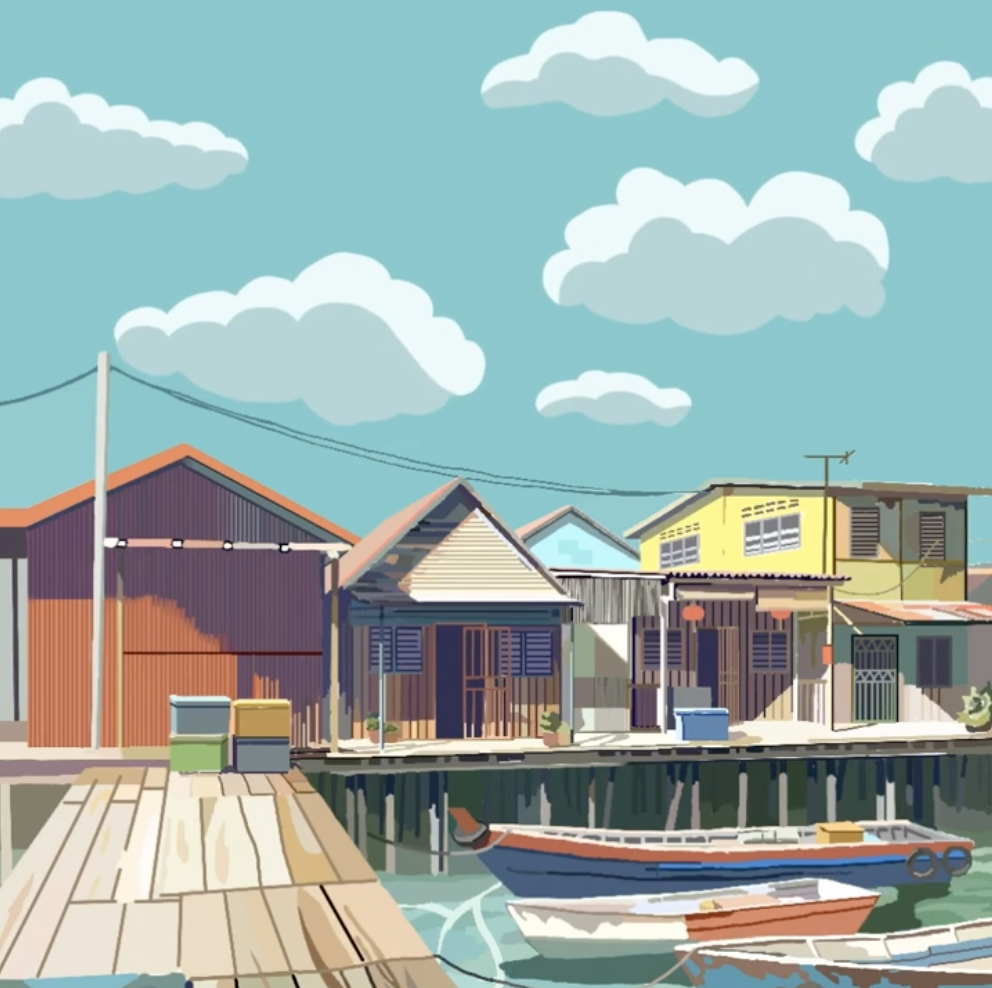



“El estadounidense promedio consume más de 100 libras de carne de pollo anualmente—o 8 mil millones de pollos al año, a nivel nacional. No es de sorprenderse entonces que a medida que la pandemia se esparcía alrededor de los Estados Unidos hace un año, las aves desaparecían de las estanterías de las tiendas debido a que los estadounidenses, llenos de pánico, acumulaban comida en respuesta a la los reportes de escasez. Mientras los estadounidenses se volcaban a cocinar durante una época sin precedentes, hubo un costo humano por este confort.”